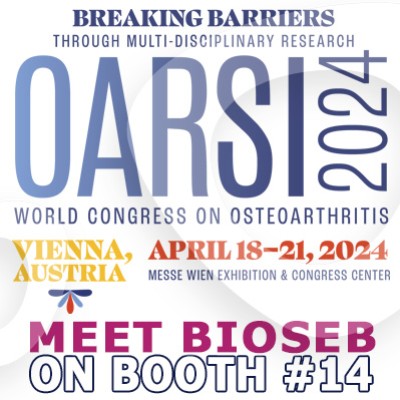Authors
M. Benbouzid, C. Gavériaux-Ruff, I. Yalcin, E. Waltisperger, L.-H. Tessier et al.
Lab
Centre National de la Recherche Scientifique/Université Louis Pasteur, Institut des Neurosciences Cellulaires et Intégratives, Strasbourg, France.
Journal
Biological Psychiatry
Abstract
Background: The therapeutic effect of antidepressant drugs against depression usually necessitates a chronic treatment. A large body of clinical evidence indicates that antidepressant drugs can also be highly effective against chronic neuropathic pain. However, the mechanism by which these drugs alleviate pain is still unclear. Methods: We used a murine model of neuropathic pain induced by sciatic nerve constriction to study the antiallodynic properties of a chronic treatment with the tricyclic antidepressants nortriptyline and amitriptyline. Using knockout and pharmacological approaches in mice, we determined the influence of delta-opioid receptors in the therapeutic action of chronic antidepressant treatment. Results: In our model, a chronic treatment by tricyclic antidepressant drugs totally suppresses the mechanical allodynia in neuropathic C57Bl/6J mice. This therapeutic effect can be acutely reversed by an injection of the delta-opioid receptor antagonist naltrindole. Moreover, the antiallodynic property of antidepressant treatment is absent in mice deficient for the delta-opioid receptor gene. Conclusions: The antiallodynic effect of chronic antidepressant treatment is mediated by a recruitment of the endogenous opioid system acting through delta-opioid receptors.
BIOSEB Instruments Used:
Von Frey Filaments (Bio-VF-M)

 Douleur - Allodynie/Hyperalgésie Thermique
Douleur - Allodynie/Hyperalgésie Thermique Douleur - Spontanée - Déficit de Posture
Douleur - Spontanée - Déficit de Posture Douleur - Allodynie/Hyperalgésie Mécanique
Douleur - Allodynie/Hyperalgésie Mécanique Apprentissage/Mémoire - Attention - Addiction
Apprentissage/Mémoire - Attention - Addiction Physiologie & Recherche Respiratoire
Physiologie & Recherche Respiratoire
 Douleur
Douleur Métabolisme
Métabolisme Système moteur
Système moteur Neurodégénérescence
Neurodégénérescence Thématiques transversales
Thématiques transversales Système musculaire
Système musculaire Functions de motricité générale
Functions de motricité générale Troubles de l'humeur
Troubles de l'humeur Other disorders
Other disorders Joints
Joints Système Nerveux Central (SNC)
Système Nerveux Central (SNC)  Système sensoriel
Système sensoriel
